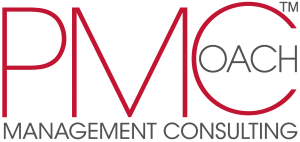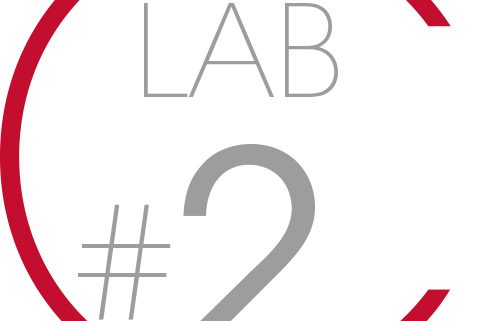Warm Up: The preliminary check-up
It’s time to warm up a bit to internationalization!
The preliminary check-up
This training session will address the theme of Export Readiness. In other words, to check whether the company is ready to engage in internationalization projects and what may be the macro areas to focus our attention on filling any gaps there may be.
We can identify four essential conditions.
–The Business Commitment, i.e. the will and need to clearly and consistently establish an internationalization process that involves a large number of corporate functions and departments.
The support of the management means being able to rely on the timely availability of resources and a clear sharing of objectives by all company departments that will not withdraw their support at crucial moments.
The involvement of the management also allows an immediate clarification of the objectives, priorities, budget parameters and risk levels accepted for the project. This will minimize misunderstandings or divergent expectations.
Adequate involvement also impacts human resource management. New resources can be dedicated to the project, using outsourcing experience (e.g.: a temporary export manager) or levels of internal HR assistance and training.
– Extensive experience regarding product and services
To prepare a foreign market development plan, it is important to start with the basics of the experience acquired by the company; therefore the activities carried out in the domestic market.
Now we can better understand why this is true.
– Who are the users of the products/services and why these users need these particular products/services? Answering this question helps to identify possible reference markets and changes to be made to the product/service.
– What are the competitive advantages of the company? Quality, price, characteristics, technology level, brand and image of the product and service offered to the customer. Answering this question helps identify target markets and establishes the marketing approach.
– What are the sales methods: through agents, distributors or directly to the end customers? Answering this question helps to identify target markets and establishes a method for entering those markets.
It is hard to believe that a company can face the international challenge if it does not already have solid experience and a position on its reference market.
– The capacity to provide products and services from an international perspective
This aspect is often underestimated but it has a great impact on the company. Is the product / service suitable for a new foreign market? Does it meet local laws and regulations? Is it easy to use for users who probably do not speak your language?
These are some of the aspects that must be taken seriously to avoid a loss of sales due to a product that is not ready for the target market. Company departments such as R&D and Customer Service must be involved to check for any changes (low-cost) to align the product/service with market expectations. The Production Department too must do its homework. Are they able to shoulder a potential increase in production? To what extent can these departments maintain production increases in relation to new orders from foreign markets? Even in this case it is crucial to calculate all possible scenarios.
– Adequate economic coverage
Do you have the resources needed to cope with an internationalization plan? The question is legitimate and desirable if you seriously want to prepare such a project. The answer is not always the same for all projects.
The amount of funding will depend primarily on the strategy adopted and the opportunities identified. If you decide to approach the market directly, more resources will be required than those of an indirect entry (e.g. through distributors). The time frames set to enter one or more markets will have an impact on the budget to be allocated: the more aggressive you are in the entry to the market, the more resources you need.
It is important to maintain control of the allocations and balance them with the profit expectations considering the impact they will bring to the company in the medium to long term.
This aspect will be dealt with in detail in the next training session. We are talking about the “foundations” of each company project, whether it is domestic or international. A correct evaluation, constant monitoring and readiness to implement the necessary actions are vital to the sustainability of the business and its success.
Follow us. One training session at a time.


